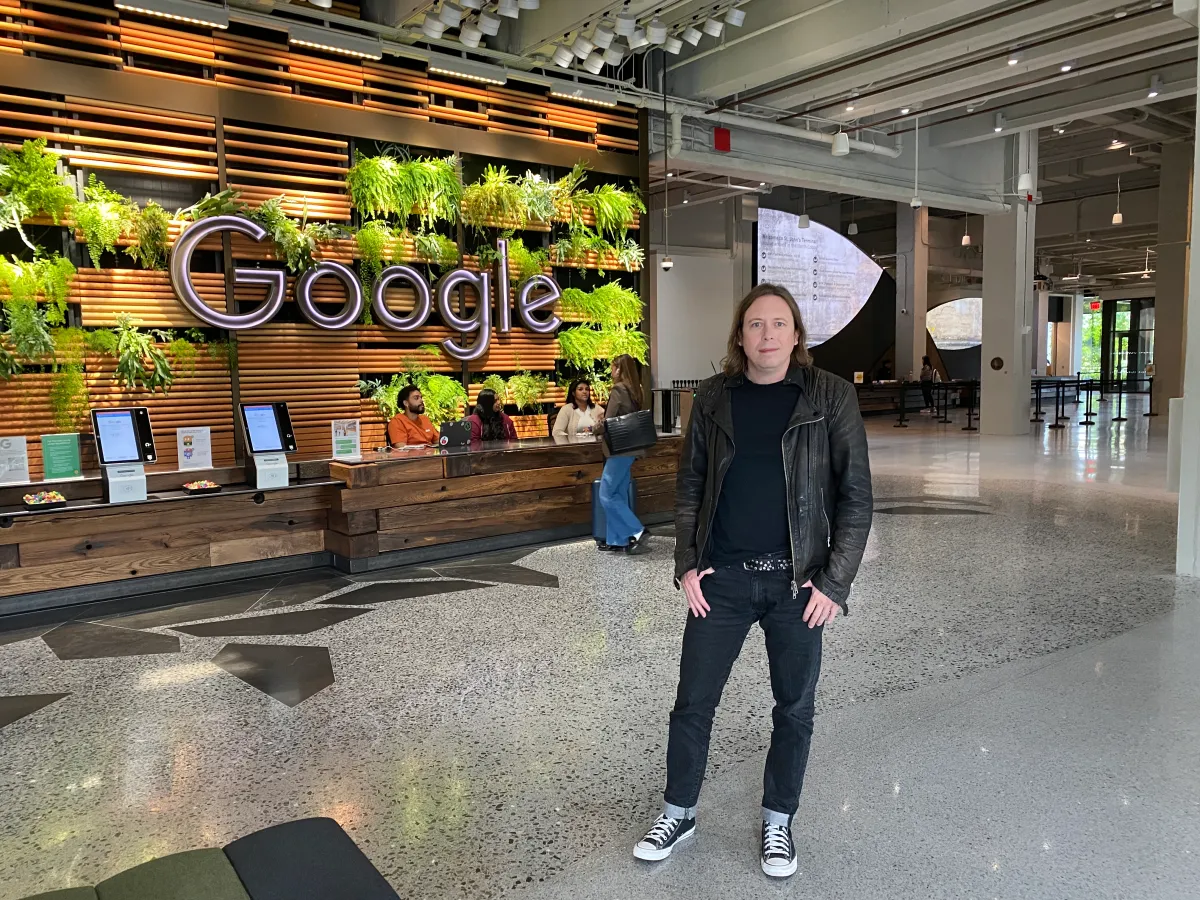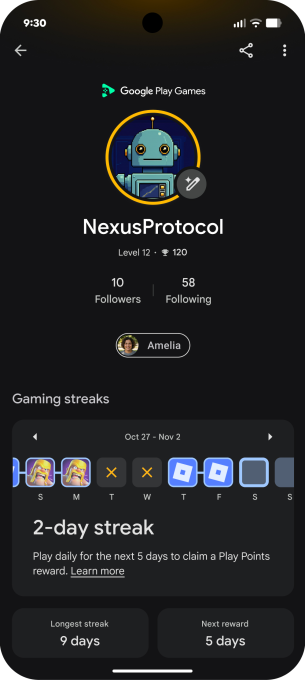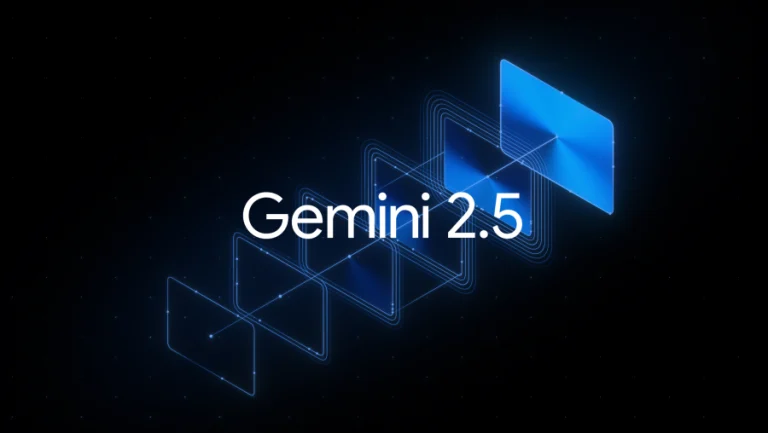
Ryan Salva isn’t just watching the AI coding revolution—he’s helping build it. As Google’s project manager for developer tools (and with experience at GitHub and Microsoft), Salva now leads products like Gemini CLI and Gemini Code Assist, which are quietly pushing developers into a new era of what he calls agentic programming.
This week, Salva’s team released a new research report highlighting how developers are actually utilizing AI tools. One fascinating takeaway? The “average” developer started using AI tools in April 2024, right when Claude 3 and Gemini 2.5 hit the scene. That moment, he says, marked the beginning of “reasoning models”—smarter systems that could compile, run tests, and self-correct through tool-calling. In short, models stopped just generating code and started thinking through it.
But what about his own workflow? Salva admits that these days most of his coding is for hobby projects. He lives inside the terminal, toggling between Gemini CLI, Claude Code, Codex, Cursor, and even Windsurf. For him, IDEs like VS Code or Zed aren’t where code gets written—they’re where code gets reviewed. In fact, he estimates that 70–80% of his work involves natural language prompts in the terminal, allowing AI to generate the bulk of the code while he focuses on reviewing and refining it.
Interestingly, he also uses AI to draft requirement docs, create technical specs, and even log progress automatically through commits and pull requests. In other words, AI isn’t just helping him code—it’s managing the workflow.
Looking ahead, Salva believes we’ll spend less time staring at raw code and more time shaping requirements. The developer’s role, he predicts, will evolve to look more like an architect—solving big problems, breaking them into tasks, and letting AI handle the heavy lifting of machine language.
The big question: in 10 years, will developers still “code,” or will they design systems that code themselves? According to Salva, the shift is already underway.







